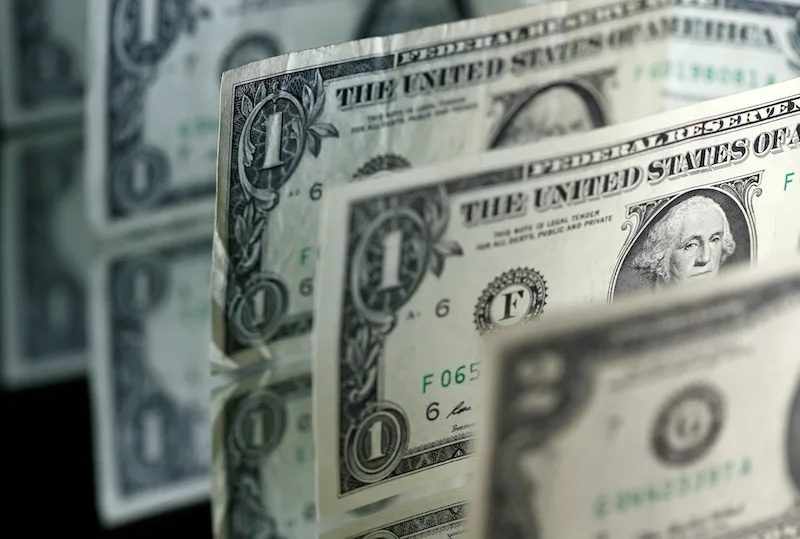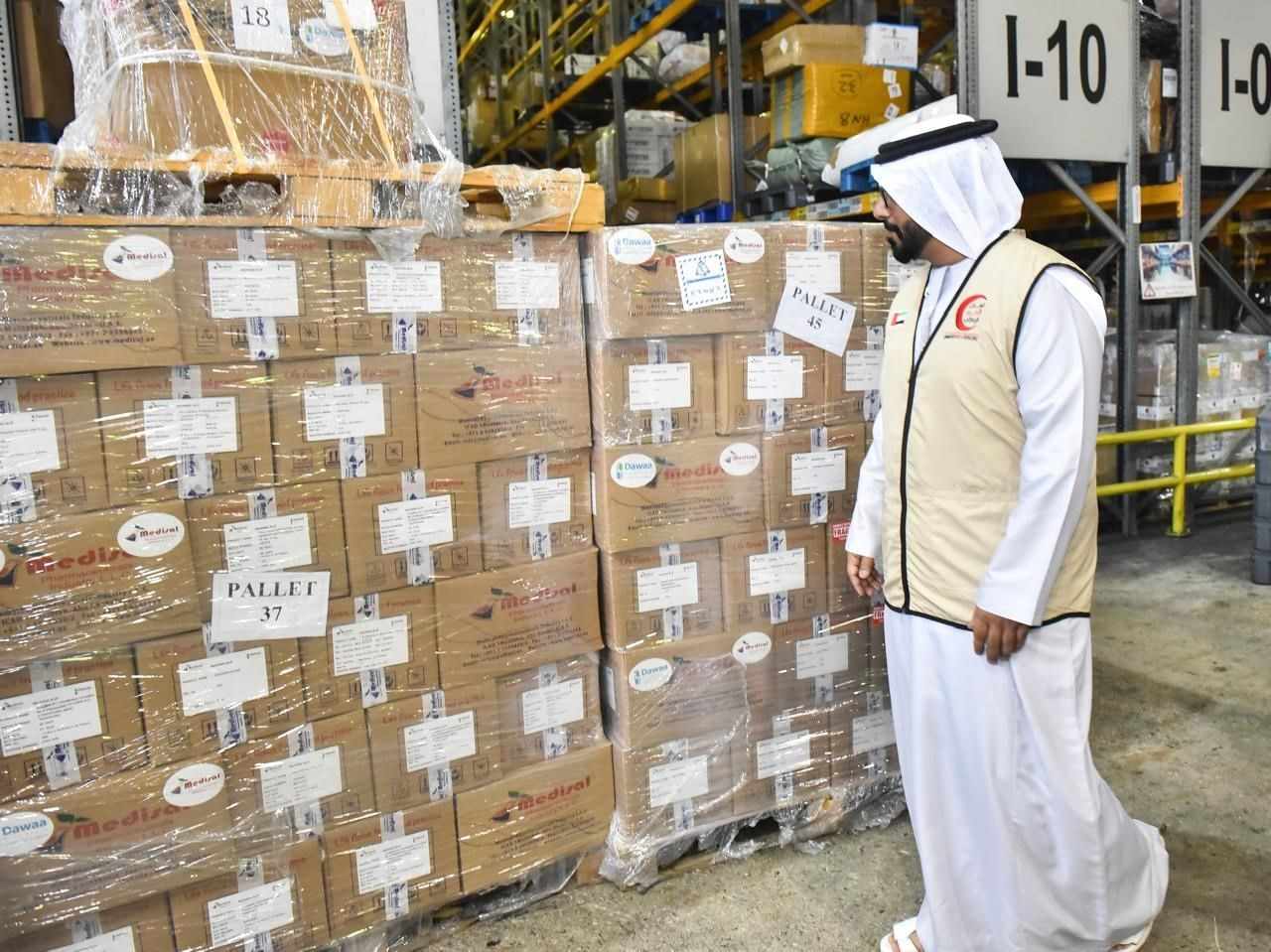Lebanon’s financial pains eased by remittances over holidays
- Date: 23-Dec-2022
- Source: Naharnet
- Sector:Financial Markets
- Country:Lebanon
Lebanon’s financial pains eased by remittances over holidays
Youssef Safouri wandered through a noisy jam-packed Beirut Christmas market, where the hundreds of families who flocked to stands selling gifts by Lebanese designers belied a severe economic crisis that has sapped the savings of millions.
Safouri is among thousands of Lebanese who left the country when its economy started to tumble in late 2019. They have now become a lifeline for families back home who receive remittances from abroad and cash brought in suitcases during holiday visits. Three-quarters of the population is now plunged into poverty.
From his new home in Canada, Safouri, an accountant, sends part of his monthly salary back to his family to help cover skyrocketing monthly expenses, from private generator and water bills to surging food prices.
"Everyone is having a hard time getting their money out of the bank and trying to cover their basic expense at home," he said. "I was forced to leave the country and my family to make money abroad and send it back."
Lebanon will receive roughly $6.8 billion in remittances this year, up from almost $6.4 billion in 2021, as they continue to be a core component of the country's shrinking and battered economy. The World Bank estimates they are worth almost




















